Court takes up New York man’s bid for compassionate release
SCOTUSBlog
MAY 27, 2025
Court of Appeals for the 2nd Circuit, which reversed the district courts decision. The court of appeals interpreted Fernandezs argument that he is potentially innocent as a challenge to the validity of his conviction. A divided federal appeals court rejected a request to block the transfer.


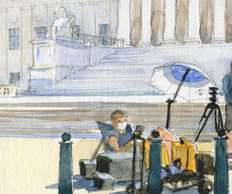
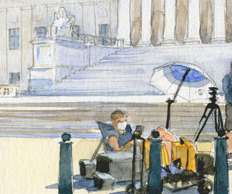

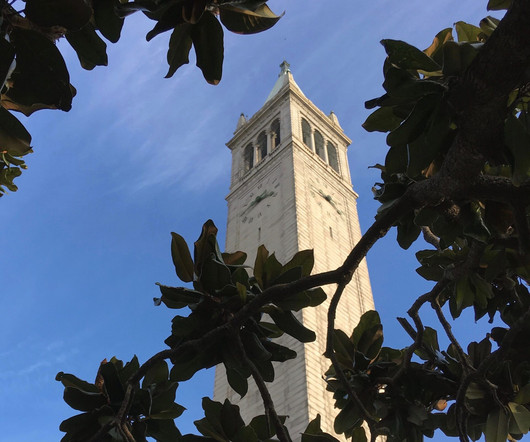


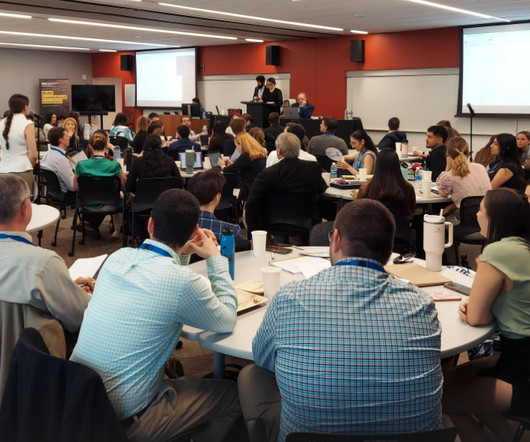

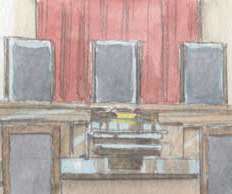
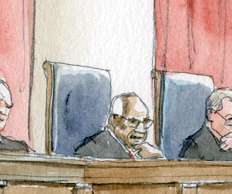
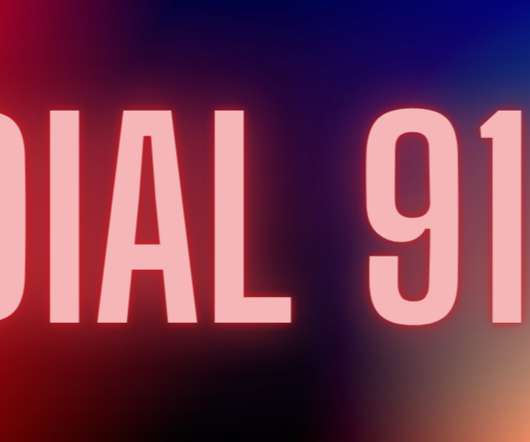





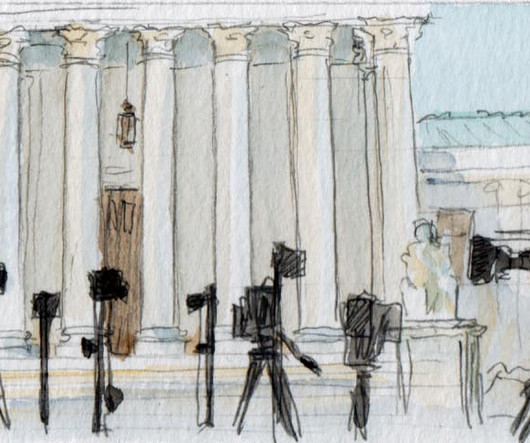










Let's personalize your content